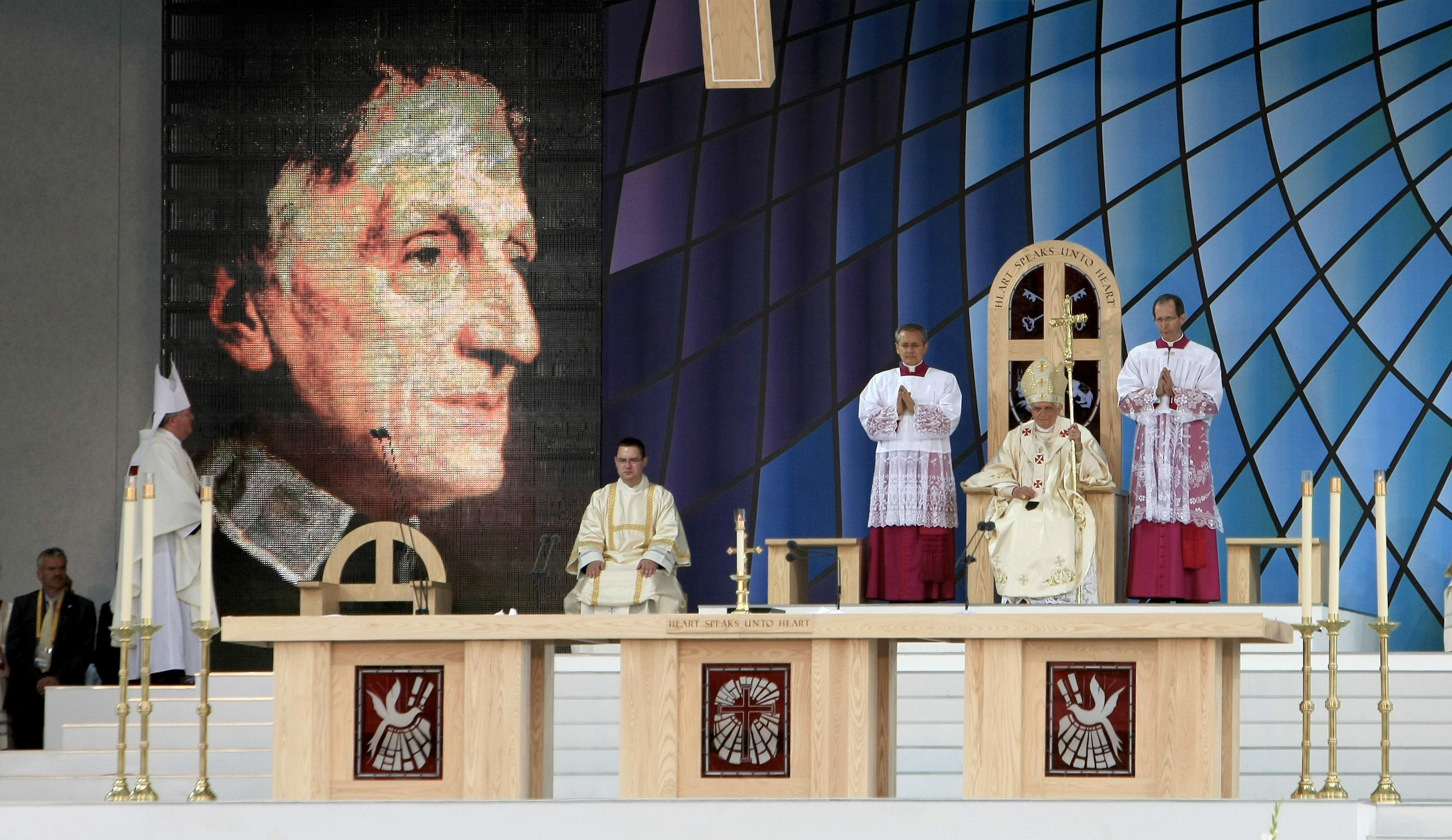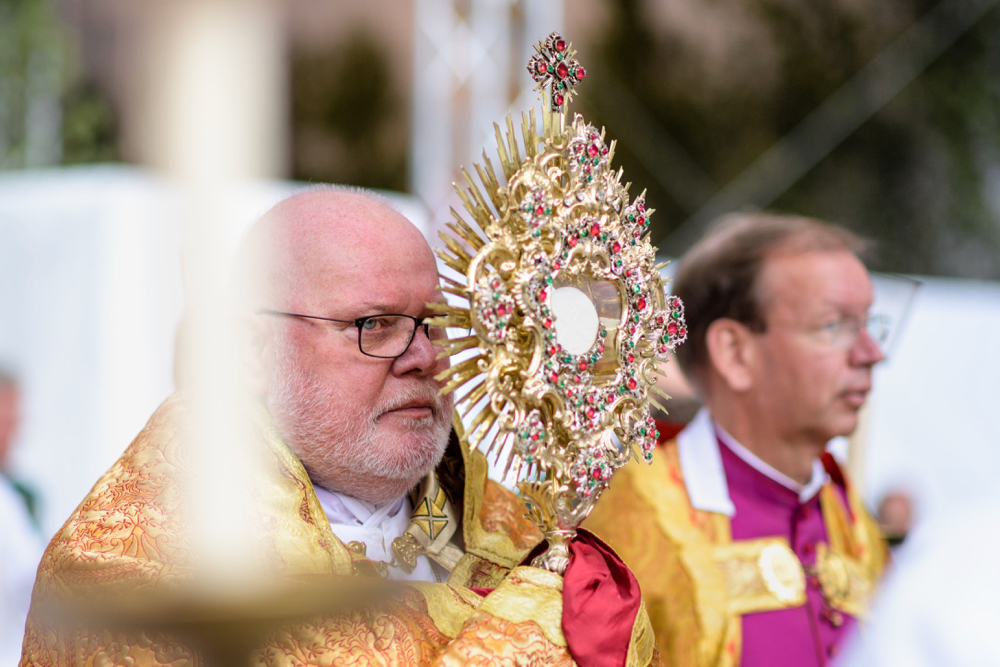Pope Francis has appealed to all German Catholics not to distance themselves from the world Church in the synodal procedure that they decided to embark on earlier this year. At their plenary in March, the German bishops decided to adopt a “binding synodal procedure” to reduce clerical power, and address clerical sexual abuse and the present priestly lifestyle. The German Church has been haemorrhaging the faithful, and the procedure is intended to address this grave concern.
However, the Pope has reminded the bishops that they need to walk in line with the universal Church. In his letter addressed to “The Itinerant People of God in Germany” published on the Feast of SS Peter and Paul on 29 June, the Pope says that in his view, the German “binding synodal procedure” is in the tradition of the Second Vatican Council.
A “structural” reform, simply changing to adapt to modern times, reacting to “external data or demands,” is not the way forward, the Pope says. The Church was going through a period of fundamental transition and had come to turning point. It was therefore essential to recognise the signs of the times without adjusting too greatly to the Zeitgeist. Francis wanted to “make his closeness on the common path known” and to encourage “frank” exchanges.
First to comment on the Pope’s letter were conference president Cardinal Reinhard Marx and the ZdK President Thomas Sternberg who jointly thanked the Pope for his “encouraging words and guidance”. The letter “invites us bishops and lay Catholic representatives to continue with the synodal procedure we have set out on”, they said.
In March the bishops decided that the synodal procedure would be organised together with the Central Committee of German Catholics (ZdK), the largest association of lay Catholics in Germany with several million members.
It was evident from the Pope’s letter that the Church must continue to be a strong spiritual force in Germany. If the binding synodal procedure were therefore to be a success, it must also have a spiritual orientation and not amount to nothing more than debates on structural changes, Marx and Sternberg accepted.
The statement ended with the information that the Pope’s letter would be discussed in detail on 5 July by the bishops and the ZdK at a joint conference. “We will use this letter as a guideline for our common way forward and reflect upon it intensively as we go along,” they stated.
The response of Cardinal Rainer Maria Woelki of Cologne had a different emphasis. By pointing out that the Church crisis was first and foremost a crisis of faith, Pope Francis had mirrored his own sentiments, Woelki said. The Pope’s emphasis on the “primacy of evangelisation” had “hit the nail on the head,” the cardinal emphasised. “The Pope speaks to me from the heart when he says that ‘evangelisation is not a new tactic on the part of the Church in today’s world ... it is not a retouch to adjust the Church to the Zeitgeist … No, evangelisation is a way of discipleship in answer to the love of Him who first loved us’.”
Already in February, during the discussions leading up to the March plenary, Woelki warned against “throwing every thing overboard and inventing a new Church”. The Church must not abolish the celibacy rule or ordain women priests, he said and recalled that the bishops had the special duty of preserving the deposit of the faith.
The Pope’s letter was both an encouragement and a challenge, Bishop Franz-Josef Bode of Osnabrück, said. “He challenges us not to lose sight of the big horizon of evangelisation and the life of the Universal Church. Our way of dialogue must be open to all tiers of the Church and we mustn’t concentrate on just one tier in our country or diocese.”
The vicar general of Regensburg, Michael Fuchs, said there could be no continuing with the synodal procedure after the Pope’s letter. “In reality, the letter urges us to undertake a completely new procedure oriented on evangelisation and spiritual renewal – a procedure not based on adjustment but on God”, he underlined.



 Loading ...
Loading ...